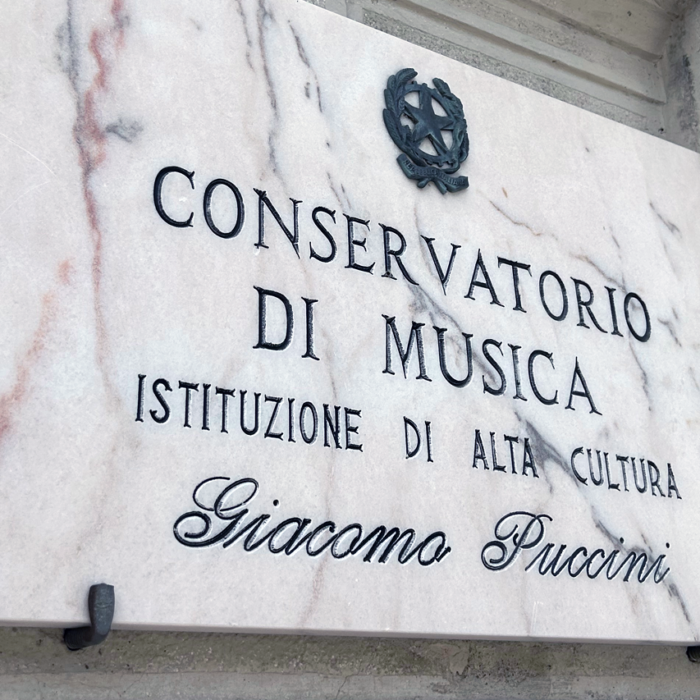
Composer Mary D. Watkins & Librettist Clare Coss Respond to Criticism of ‘Emmett Till’
By David SalazarComposer Mary D. Watkins and librettist Clare Coss have responded to controversy regarding their new opera “Emmett Till.”
The work, which will have its premiere on March 23, 2022 in New York City, recently came under fire from the Black Opera Alliance which stated in a social media post that the work was told through a white lens by a white writer. “Emmett Till” explores the tragedy of Emmett Till, a 14-year-old boy who was lynched by two white men in Mississippi back in 1955 for allegedly whistling at a white woman. In its statement, the Black Opera Alliance asserted that the work centered on the perspective of a white woman, an invented school teacher named Roanne. Taylor.
However, neither Watkins nor Coss are in agreement over that criticism and have publicly stated their defense of their work on the new opera.
“Yes, the opera has a fictional white character – but it isn’t about her,” Watkins stated in an official statement. “It is a true story that happened in our American history that could be told by anyone. Documentaries have been made, books have been written, songs have been sung by those moved to express their reaction to the true story of the brutal murder of a 14-year-old boy. The story is told from the viewpoint of one who recognizes that staying silent, instead of confronting a vicious system, allows the dehumanization of human beings to be a way of life. She comes to the realization that she and others like her have a responsibility to speak out and condemn racism.”
Watkins also came to the defense of Coss, calling her “an ally, a life-long activist who has worked hard for eight long years to develop this piece and to raise the funds to produce the first two performances. She has been very respectful to me and all the other artists of color on this project. It is my opinion that she has every right as an artist to tell the story of Emmett Till.”
Furthermore, Watkins noted that “It is very disturbing that people are condemning this piece without having seen or heard it. They have jumped on the fact that the playwright is white, and assumed all kinds of things about the content of the play. Even though there are many artists of color involved in this project, the critics are assuming that we have had no impact on the final shape of the piece and that the playwright has somehow forced all of us to tell her story. It is an insult to me as a Black woman and to the company members who are African-American.”
Meanwhile, Coss added, “The courage of Mamie Till, the Wright family, young Willie Reed and his family, and others to testify in an armed Klan courtroom, under death threats, broke the Delta Code. The opera introduces to the general audience what Mary Watkins calls ‘the greatness of ordinary people, who stood up, suffered, and continued to struggle to bring about change in this country.”
Regarding the character of Taylor, she noted, that “Roanne Taylor, a schoolteacher who cares, but is silent, reflects Martin Luther King Jr’s ultimate tragedy: the silence of the good people. She represents the context of White Supremacy in which the world of violence and terror was enabled. She takes a first step forward to break the silence.”
The opera will have its premiere at the Gerald W. Lynch Theater at John Jay College.
Categories
News

